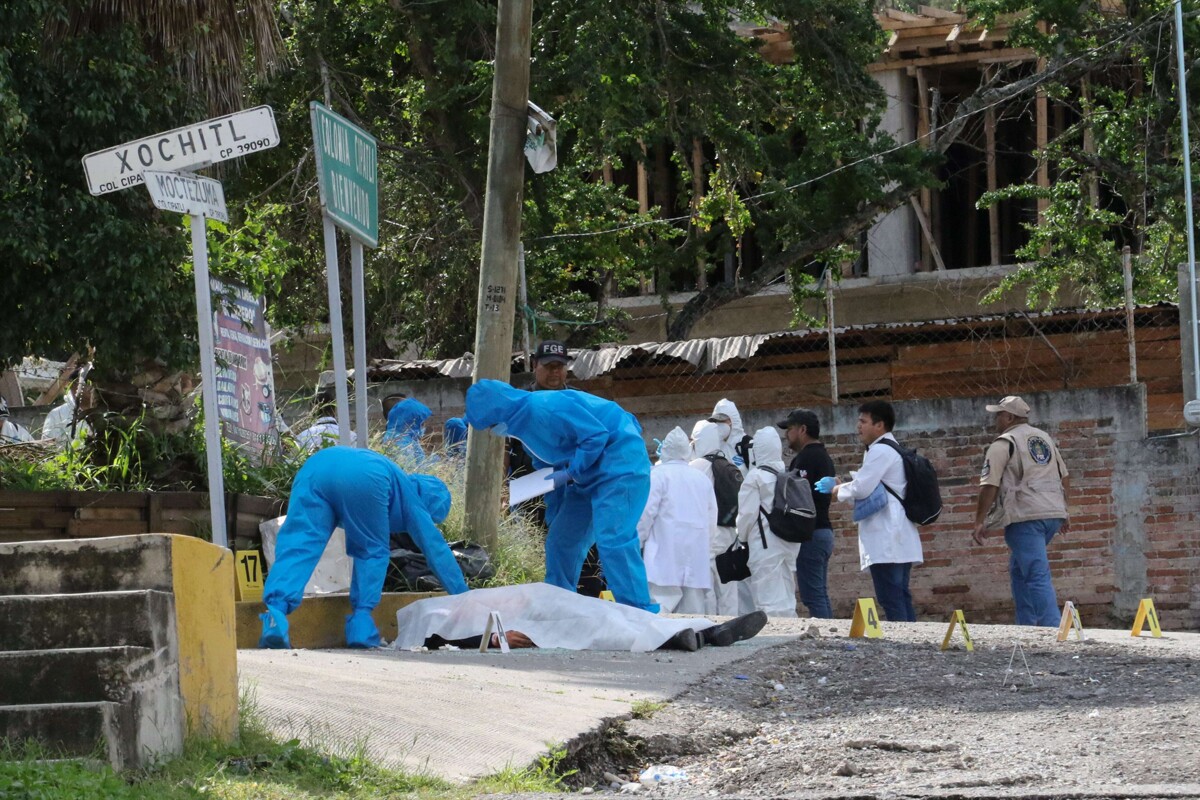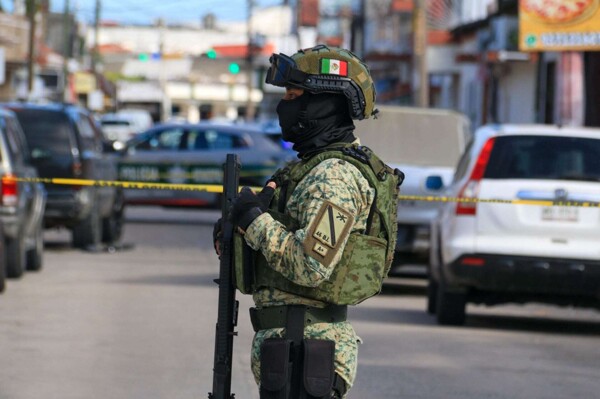
The National School of Forensic Sciences (ENaCiF) of UNAM, under the direction of Zoraida García Castillo, highlights the importance of training experts in forensic sciences to face the security crisis in Mexico, marked by high rates of homicides, disappearances, and a lack of identification of bodies. In its 11 years of existence, ENaCiF has trained seven generations of graduates, with nearly 250 specialists working in various areas related to forensic sciences.
García Castillo emphasizes that, despite progress, challenges remain, such as the lack of complete and unified databases necessary for the identification of living and deceased individuals. ENaCiF graduates possess knowledge in disciplines such as biology, anatomy, odontology, genetics, anthropology, and entomology, facilitating their storage and exchange of information among institutions.
In addition to the criminal field, forensic sciences have applications in other areas, such as family law, where scientific evidence is used to determine paternity, maternity, or grandparentage. The director of ENaCiF underscores that Mexico faces a deficit in the training of anthropologists and forensic doctors, exacerbating the current situation.
Technology has been a key ally in the advancement of forensic sciences, allowing significant achievements in areas such as genetics and fingerprinting. The use of advanced tools, such as genetic sequencers, has improved the analysis capabilities of DNA and the identification of individuals through unique physical characteristics.
In response to the forensic crisis in the country, ENaCiF aims to contribute by training professionals with comprehensive preparation and the use of cutting-edge tools. The institution also offers continuing education and aims to create specializations and graduate programs to address current challenges. In 2024, a diploma in search and identification will be implemented as a new graduation modality, in an effort to continue strengthening the training of specialists in forensic sciences in Mexico.














